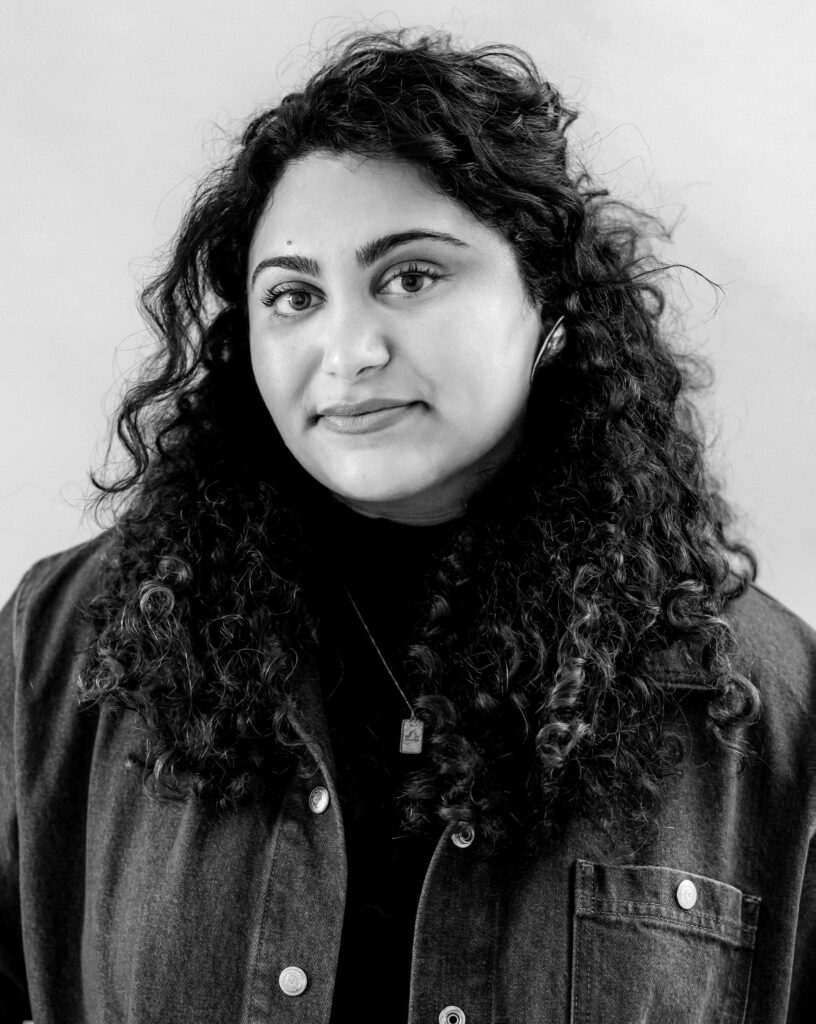When someone asks where I’m from, I say, somewhat cuttingly, that I’m from all over the place. I don’t assume the inquisitor has malicious intent, necessarily. It’s more that I’m just tired of answering what, to me, still feels like a bit of a mystery.
In my 32 years, I’ve been cradled or nurtured in fragments across three continents and states. I attended 12 different learning institutions before graduating high school and can’t recall any neighbors during those formative years that stopped by for anything but a complaint. When people speak of a hometown, whether it’s with tender nostalgia or shameful regret, I can’t relate.
So when I say I’m from all over the place, I mean it. But Atlanta? Atlanta is the home I’m determined to keep.
But what does it mean to cultivate and protect a home you only met in adulthood? To be intentional about creating a new life in a community while honoring the longtime residents and neighbors who might view me as an intruder, a gentrifier, that new millennial on the block with the big white dog named Lady?
The only time I remember crying about a place is when we left New York for Marietta, and that’s because I had one friend, Kimberly, with wispy black bangs who lived on my block in the apartment above her uncle’s bodega, and I so feared losing the comfort of her constancy. I had grown used to her trodding over in the snow to meet me at the bus stop, where Mom and I sat waiting with the large print word search puzzles she loved.
I’ve been chasing after that familiarity and community ever since—positively yearning for it. I think I’ve finally found it, and I’d like to tell you why.
When we arrived in Georgia 23 years ago, I despised this place. I stuck out like a sore, brown thumb at every school I attended, and it didn’t help that my parents moved us around nearly every time the arbitrary school rankings changed, rankings we would later learn had deeply racist underpinnings. Even the overwhelming nature of the luxurious tree canopy here, which now makes me weep with joy, bothered me then.
After 9/11, I felt alienation in ways I’d never imagined. Revoked slumber party invites, being singled out by customs agents on school choir trips, the unwarranted police stops in the van with mom and dad, the dirty looks from neighbors when we made post-dinner rounds in our suburban cul de sac, me, my brother, my folks, my grandparents, all of us just walking around with our family dog, daring to giggle.
Perhaps my experience growing up all over the place, often moving to and from communities that weren’t especially welcoming, showed me what I didn’t want. Perhaps I would one day have to build it for myself.
When I chose Atlanta, I had just wrapped up four years at Emory and had begun my career in journalism with The Atlanta Journal-Constitution. It’s no secret that once you write for a local paper, you fall madly, deeply in love with the city you’ve promised to serve in all its glory and its gore. I’ve been in this state longer than I’ve been anywhere in the world, and at this point, that comes with a desperation to not only stay, but to really, truly belong to a community.
A few years ago, I bought a home in Kirkwood. In my first week, I had longtime residents on my street come over to welcome me and introduce themselves. I exchanged phone numbers with a handful. I made a habit of waving at porch-dwellers and checking for collars on indoor-outdoor cats. I brought some of my Dadi’s samosas to John, who returns everyone’s garbage and recycling bins once the Thursday trucks have come and gone.
When my neighbor Phil fell and screamed for help, I heard him from my porch and ran over with another longtime resident. A few days later, my family paid a contractor to extend the guardrails of Phil’s ramp to prevent another fall. In the evenings, Phil sits with his cat and his cane at his side, eager for a glance at that big white dog of mine. Those two months when Lady was recovering from a surgery, Phil asked about her every day.
When an attempted burglar’s weapon was discovered in my backyard and all my windows were later found to be unlocked, a dear friend in the neighborhood who I met through my local cafe’s barista went straight to the police precinct to file a report without my knowing because I seemed too shaken up to do much at all. My councilperson, Liliana Bakhtiari, and her staff, upon finding out what had happened, was in touch immediately. My next-door neighbor Georgia, who had lost her husband the same night of the intrusion, invited me to her husband’s wake, where we made a promise to keep an eye on each other in exchange for her continued evening renditions of “Moon River” on the euphonium, hums of which have kept me company for the past year, since the first day her late husband bought her music lessons. John told me he’d keep watch over my house every night, just in case.
Most recently, after the Oct. 7 terrorist attack in Israel, and the subsequent mass death and continued violent occupation of Palestininans, my Muslim neighbors three doors down invited me to a grief circle. Someone dropped off a Kirkwood sign “on the house.” John began leaving newspaper stories of good news at my doorstep, signing each, “Your ally, John.”
I’ve been overwhelmed with the kindness and familiarity of making my home here in my walkable ATL community. And my message for the newcomers and the transplants who are lucky and privileged enough to move into these sacred spaces is simple. Please do your due diligence to care for, learn from, and respect those who have come before you. The ones who have been here long before you found out about the hip taco joint down the road.
Get to know your neighbors—including our unhoused community members—in a way that promotes a collective, protective, and loving society. It sounds simple, maybe even pedestrian, but I assure you it’s not. It’s rewarding and special and sometimes all-too-ignored. Advocate for the survival of those living near you and their right to remain. Read up on the policies at stake, then make your voice heard.
Ask your neighbors for help and lend them your own hand as well. If there’s anything I’ve learned in my short time on this planet, it’s that we’re all we’ve got.

Fiza Pirani
Fiza Pirani is an Atlanta-based writer and editor, founder of the immigrant mental health newsletter Foreign Bodies, and is currently pursuing an MFA in Narrative Nonfiction at the University of Georgia. She’s a proud pet mom to dog Lady and cat Billie, a regular at Taproom Coffee (come say hi!), and is constantly learning about what it takes to be the kind of neighbor Atlanta needs.
